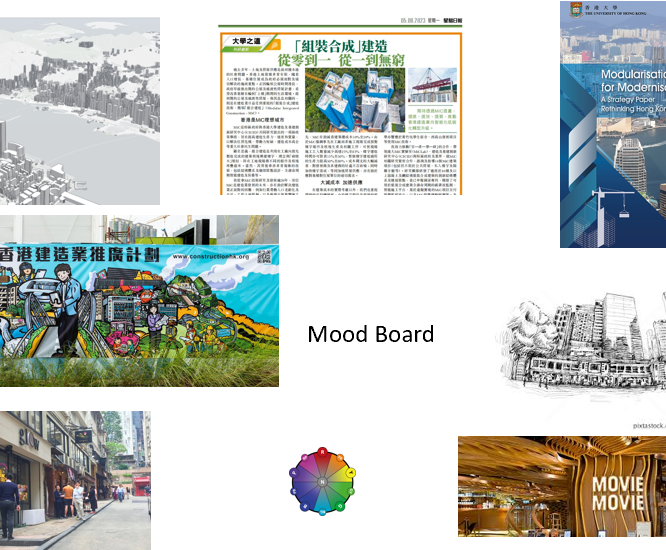[Field-Homework 3] Disappearing City: The Earth God Temple, Wo On Lane, Central
Sole Author: Chen Xingcheng (original photographs) Description of the Theme and Subject Matter Ancient buildings like the Sam Yee Kwan Shrine carry the culture and memories of the city, and I want to tell stories about the shrine so that more people will realize the importance of preserving these ancient buildings. Wo On Lane is a street in Central Hong Kong Island, located in the northern part of Lan Kwai Fong, at the southern end of the street in the middle of D’Aguilar Street. Wo On Lane is a Central white-collar meeting place for lunch, but also the night of
Continue reading[Field-Homework 3] Disappearing City: The Earth God Temple, Wo On Lane, Central

